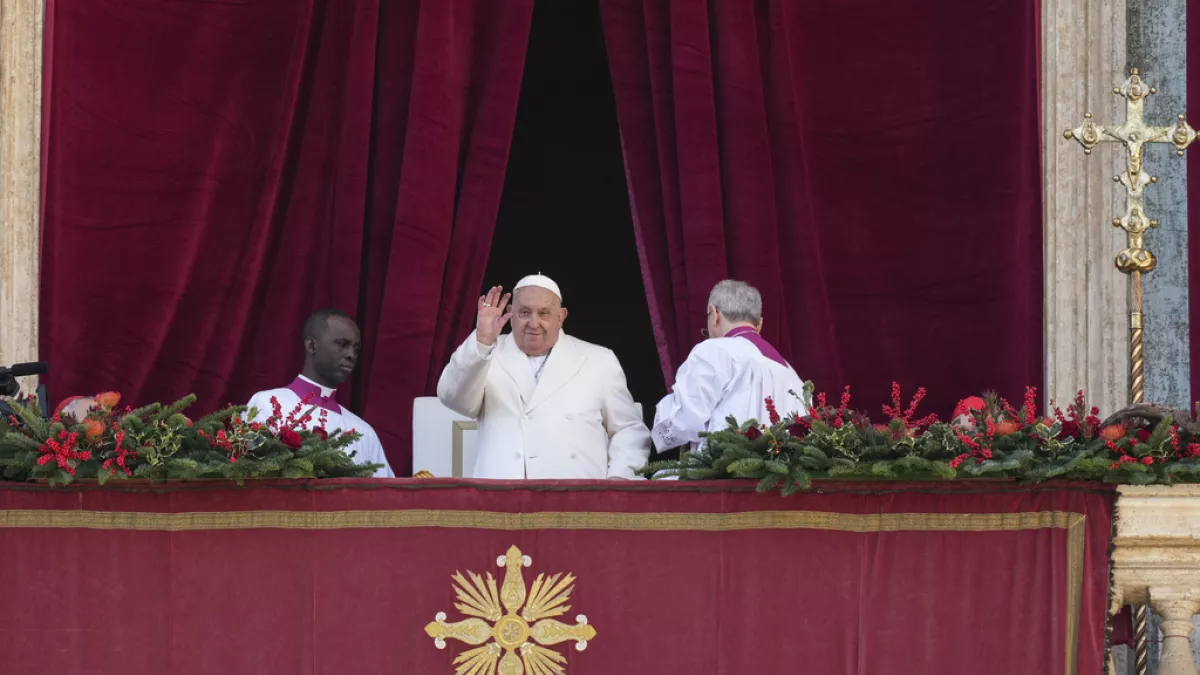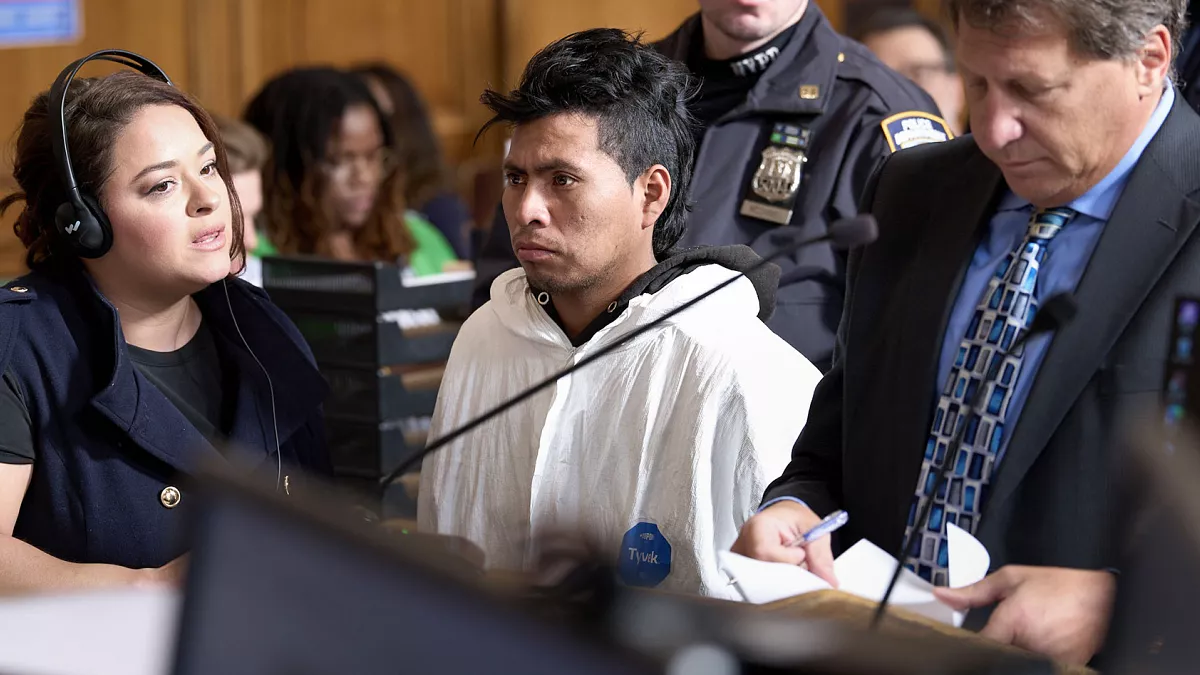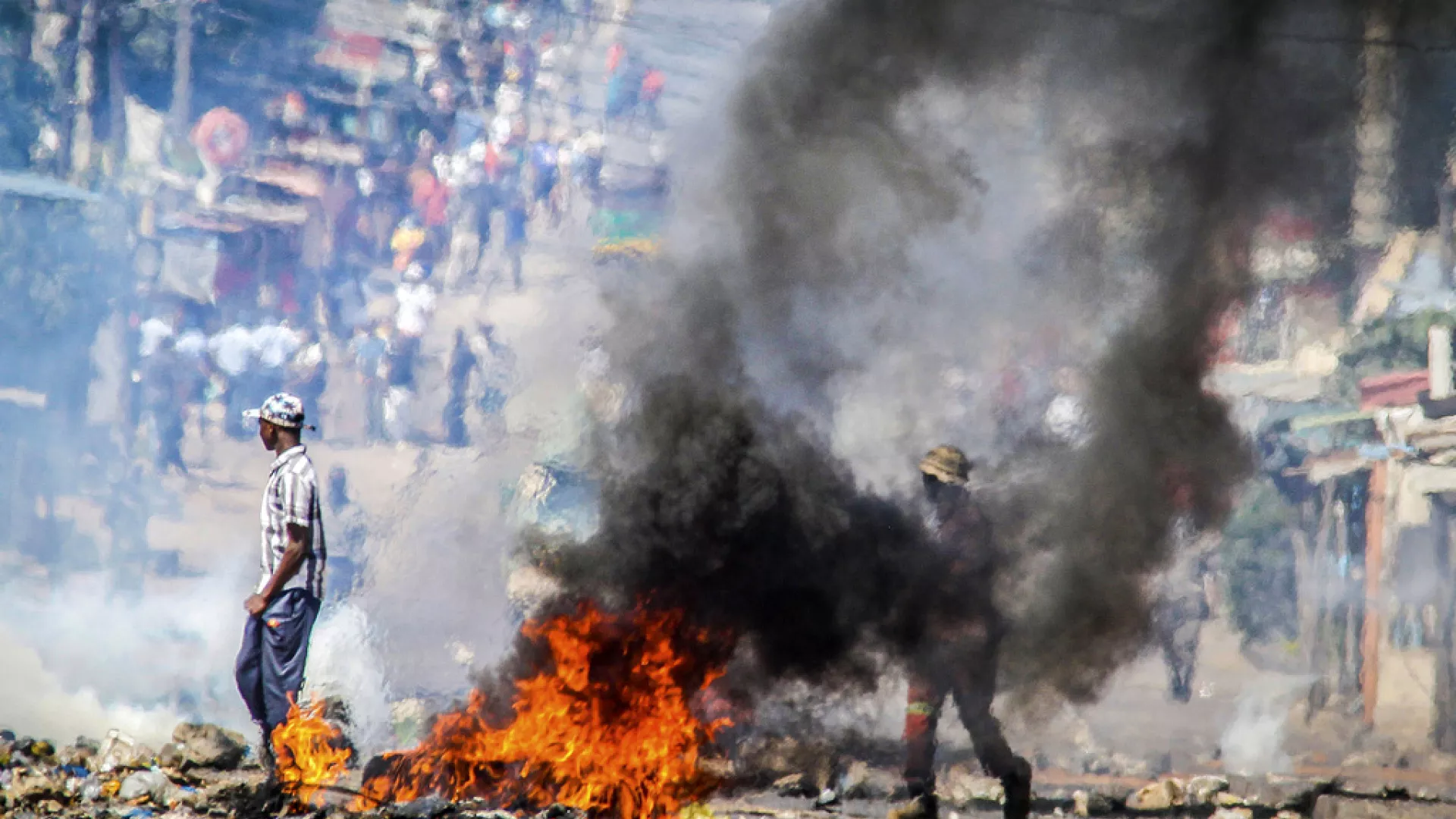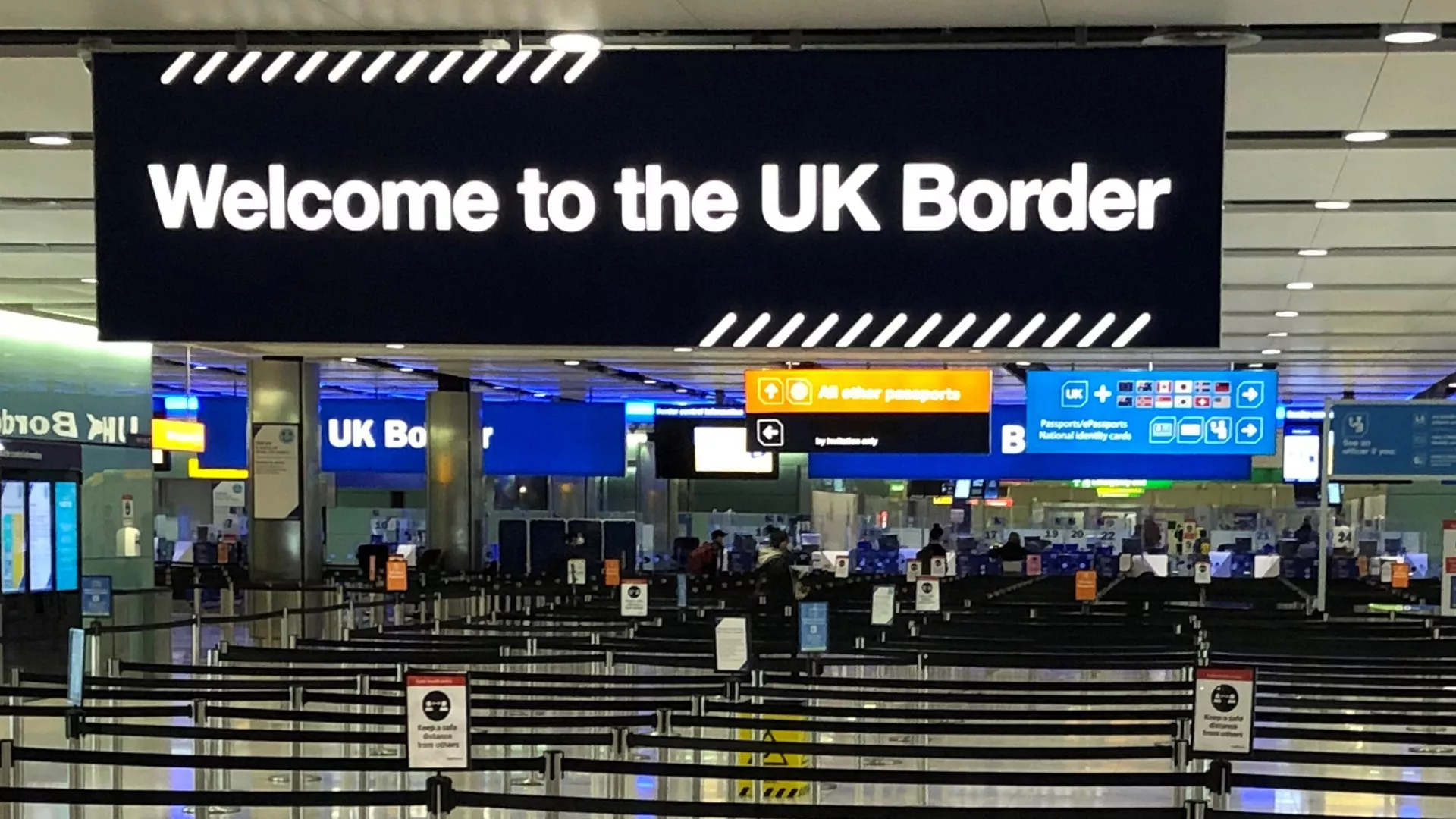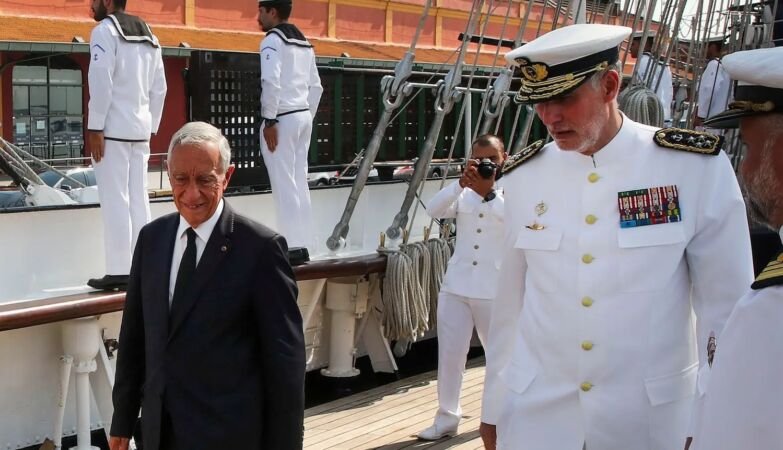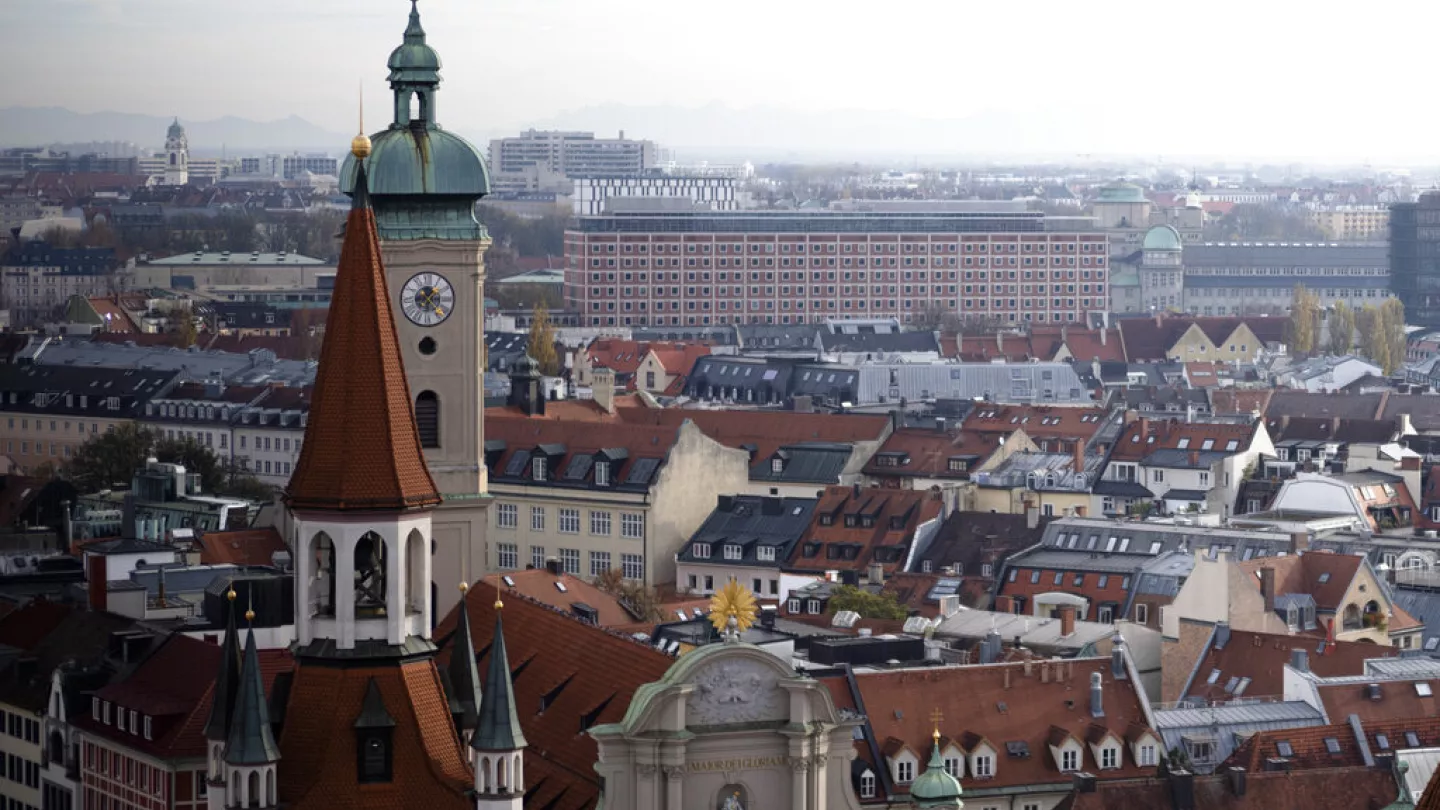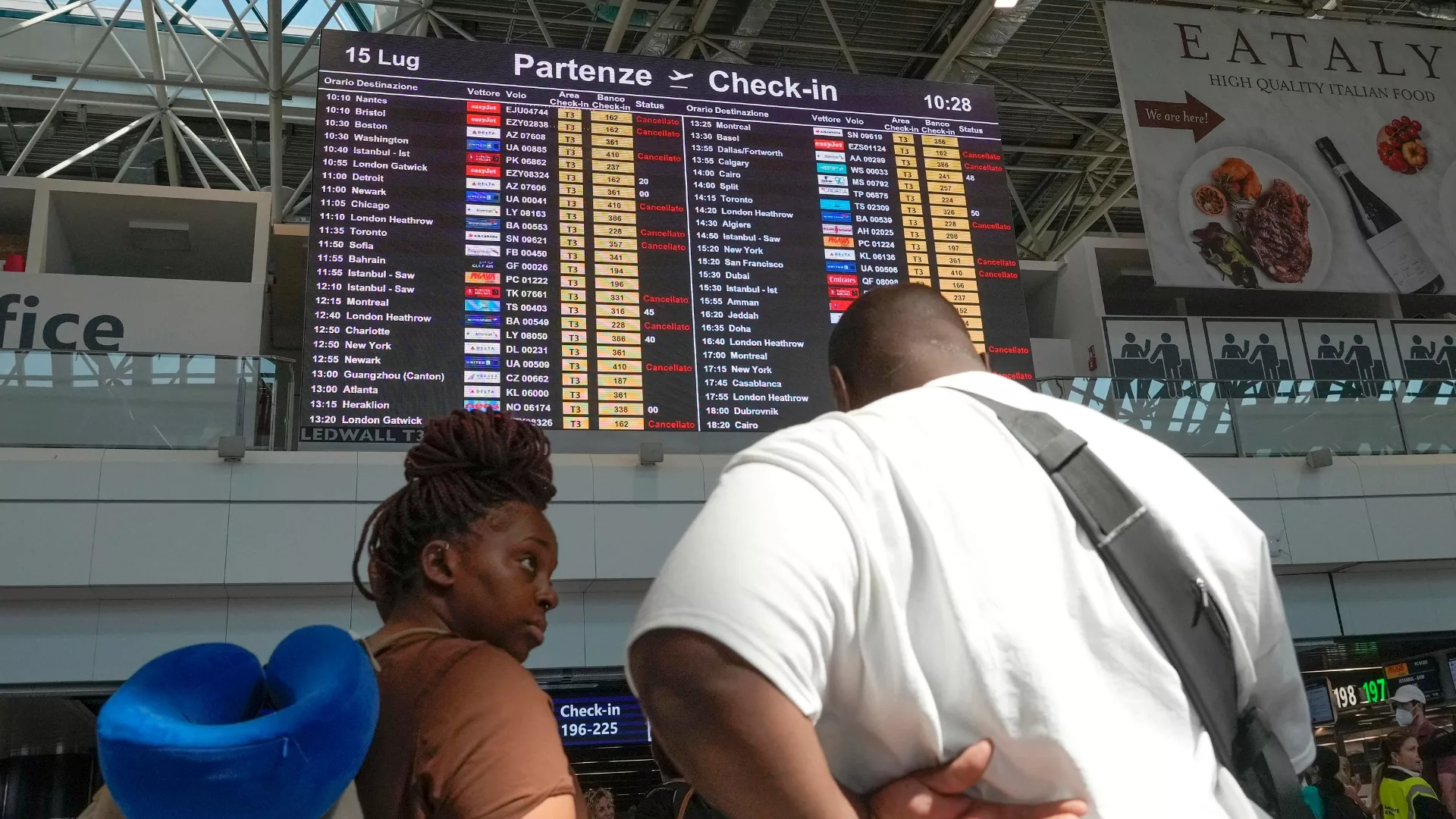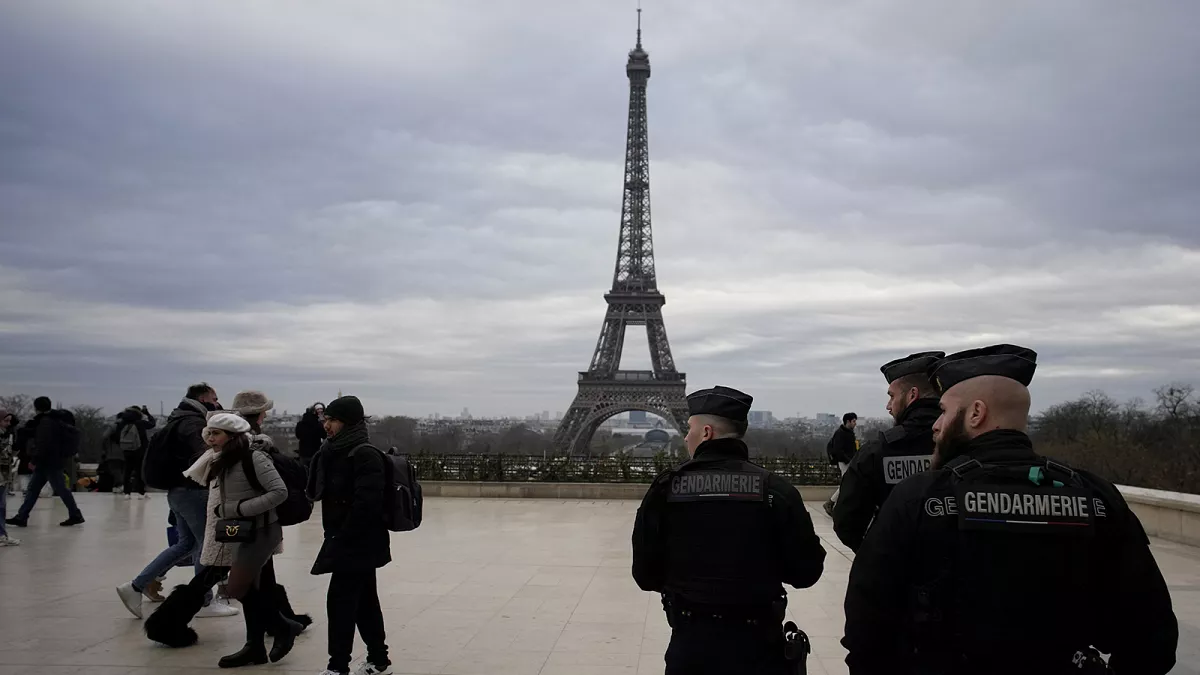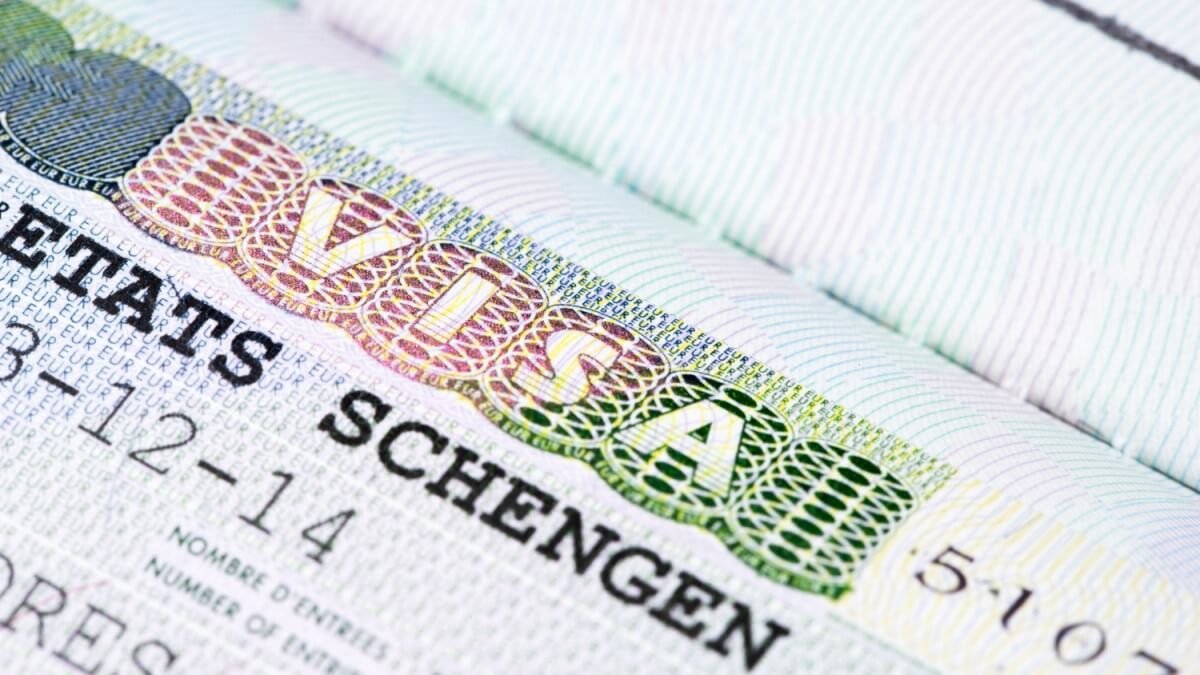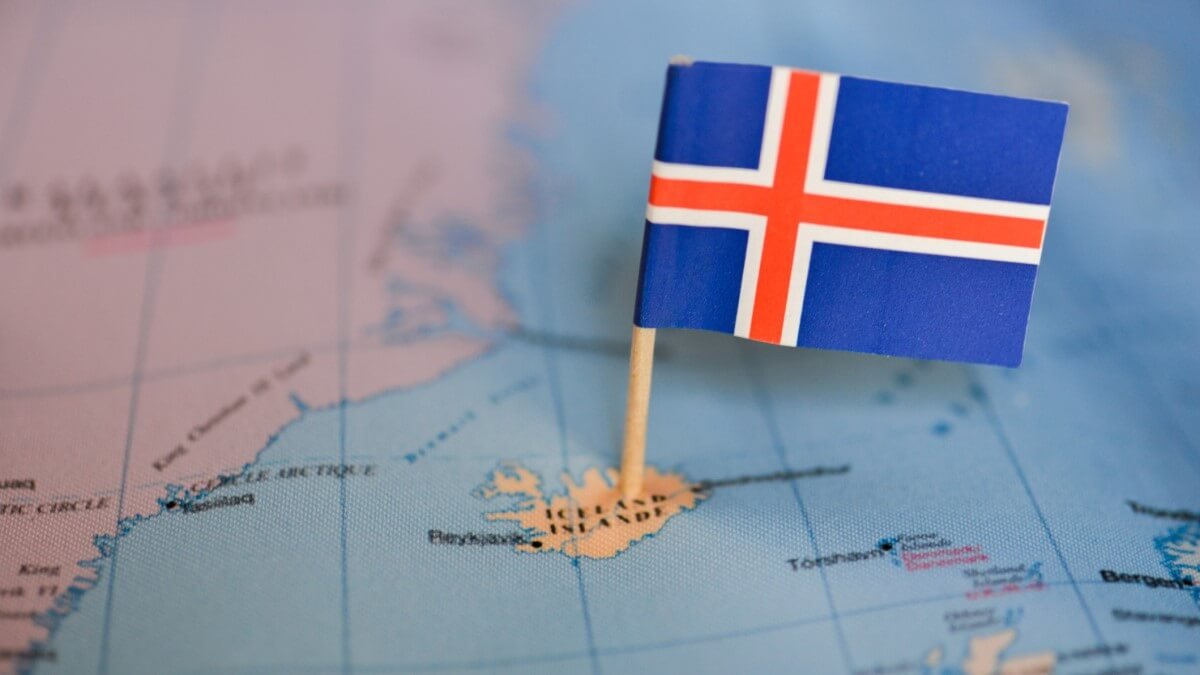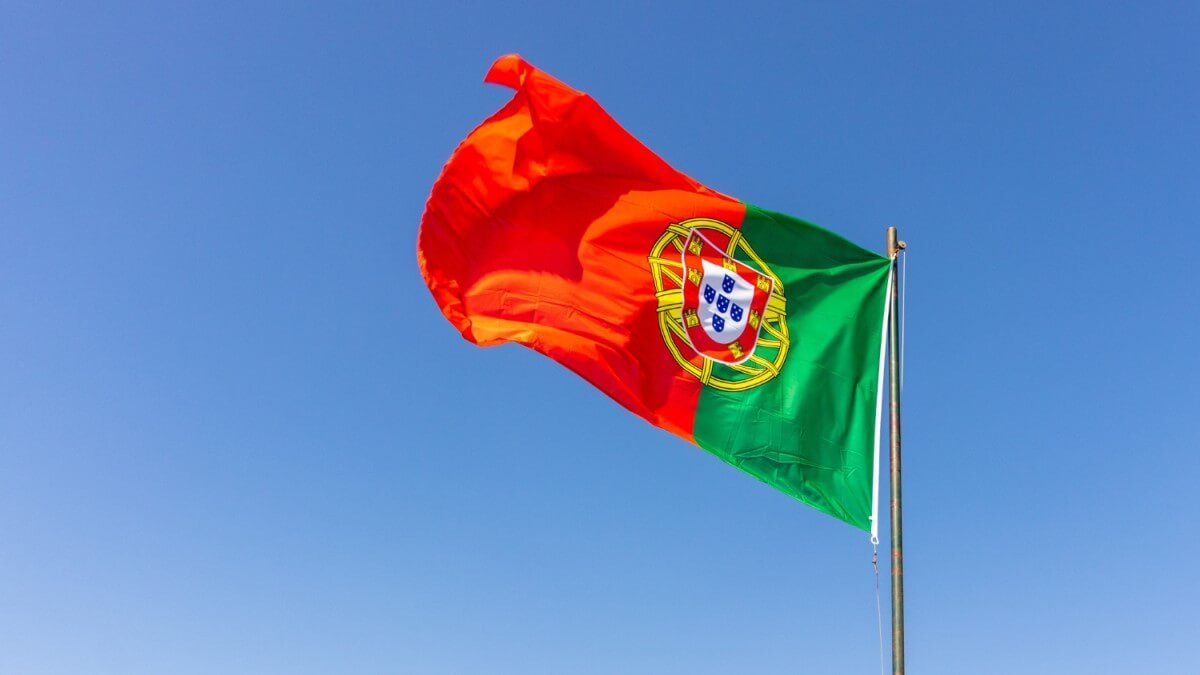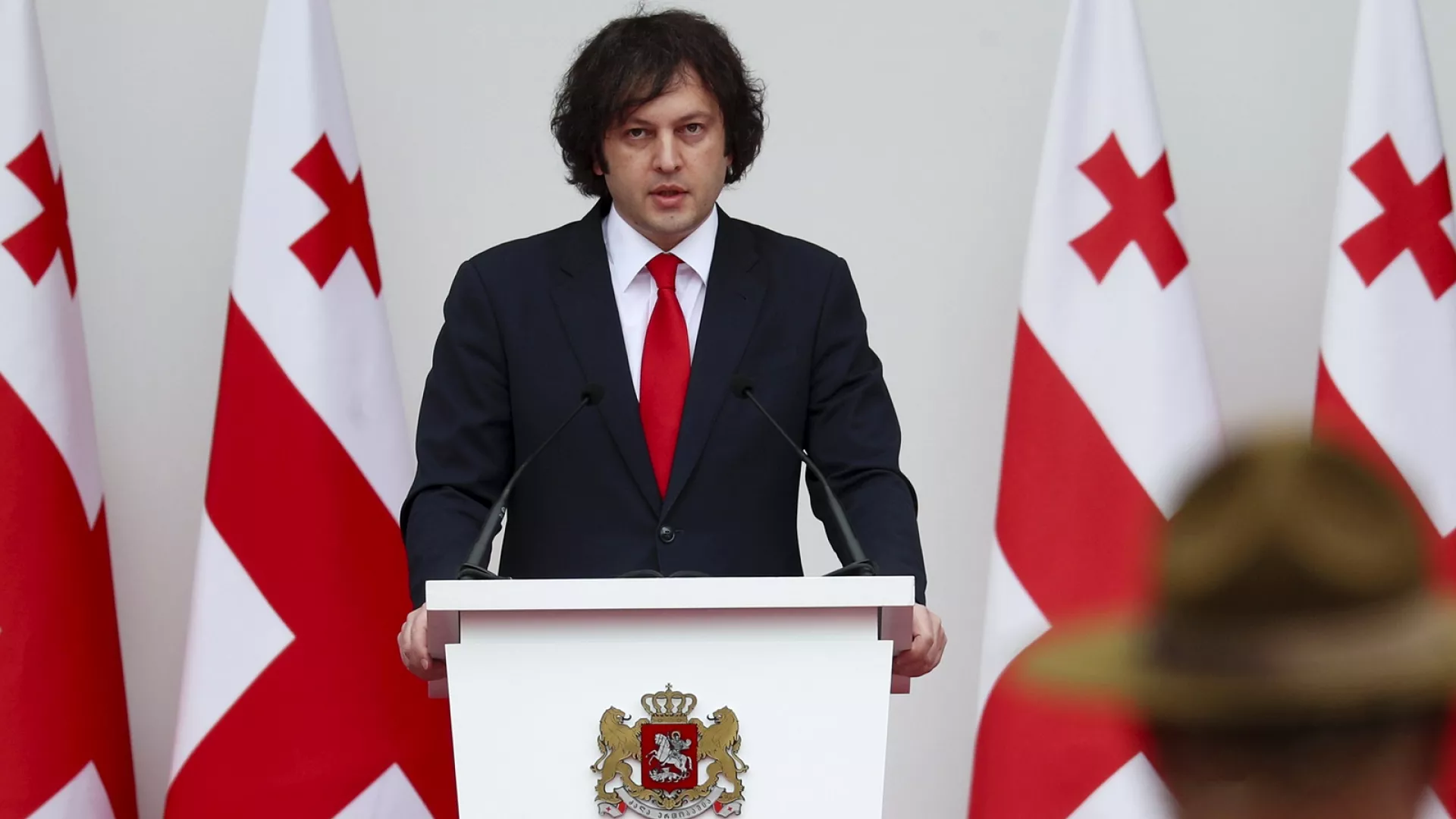
The European Commission has proposed suspending visa-free travel for Georgian diplomats and officials in response to the ongoing violent crackdown on protesters in Georgia. The protests, which have been taking place for over three weeks, were sparked by the government’s shift away from EU integration in favor of closer ties with Russia. The protests erupted after Prime Minister Irakli Kobakhidze announced that Georgia would not pursue EU membership talks until 2028, despite constitutional obligations to advance integration.
The demonstrations, which began in late November, have led to violent clashes, numerous injuries, and hundreds of arrests, with reports of police brutality including beatings and torture. The unrest has been exacerbated by allegations of irregularities in Georgia’s October parliamentary elections, which saw Kobakhidze’s ruling party secure a majority.
In response, European officials, including High Representative Kaja Kallas, have proposed sanctions against Georgian officials responsible for the crackdown, though Hungary and Slovakia vetoed the plan, citing concerns over interference in domestic affairs. However, Kallas managed to secure enough support for a less severe measure: suspending visa-free travel for Georgian diplomats. This proposal only affects those holding diplomatic or service passports, meaning Georgian citizens will not be impacted. The suspension would remove certain benefits like faster processing times, lower fees, and reduced document requirements for diplomats seeking to travel to the Schengen Area.
Kallas emphasized that the move was a response to Georgia’s suppression of peaceful protests, and hinted that further measures could follow. Ursula von der Leyen, president of the European Commission, added that the EU’s message to Georgia’s leadership was clear: “Stop harming your own people.”
This proposal requires approval from a majority of EU member states and would limit the suspension to Georgian diplomats and state officials. It is not expected to affect the general population, as many EU countries were concerned about the potential negative impact on the protesters.
The move comes after years of visa-free travel for Georgian nationals to the EU, which has been in place since 2017 as part of a broader effort to strengthen ties with Eastern European nations like Moldova and Ukraine. However, recent actions by the Georgian government have raised doubts about the country’s commitment to the values and standards required for visa-free access to the EU. The European Commission’s latest report indicated that Georgia no longer fully meets these criteria and called for the repeal of laws restricting NGOs and LGBTQ+ rights, which have drawn comparisons to Russia’s policies and stalled Georgia’s EU accession talks.


